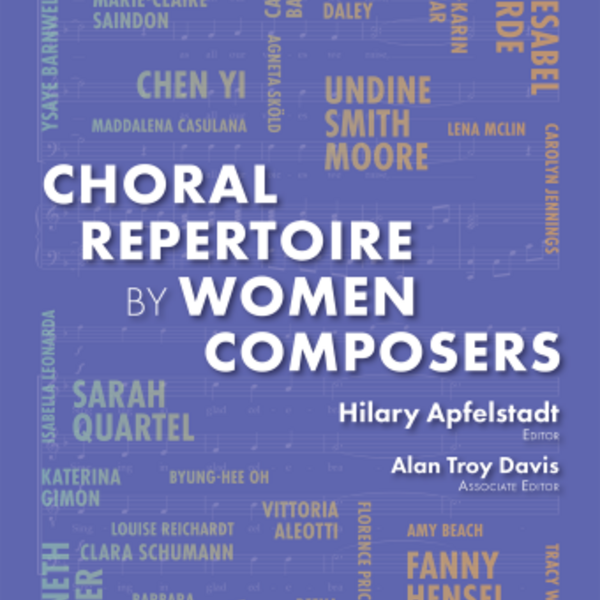Research in Music Education (RiME) Conference Kudos
Congratulations to our Faculty of Music researchers in Music Education for their strong showing at the international Research in Music Education (RiME) Conference hosted out of the Royal College of Music, London.
On April 22nd, Prof. Emerita Lori Dolloff (Music Education) delivered a Keynote address titled Recomposing Music Education: Theme and Variations in Teacher Education in 3 Movements at the RiME Conference hosted online out of the Royal College of Music, London. From the abstract: “In this presentation I examine the themes and directions of research presented at RIME over the past 25 years, in conversation with the examination of my own ever-developing professional practice. The increase in narrative methodologies, self-study, equity and diversity studies and the ever-diversifying school and community programs that we are called to serve can lead to pedagogical paralysis or pedagogical creativity. Through the examination of the programs of the past 25 years of RiME, and my evolution from choir director to Indigenous advocate I will present an inquiry-based portrait of the multiple pathways of music education as we look to the future in a world of rich diversity with a frightening suggestion of STEM as a reduction of programs and nationalistic jingo. While the requirements of teacher education are more creative yet more demanding than ever, music, in all of its richness continues be the central force that requires we rise to the challenge to recompose our expectations, preparation and delivery.”
Later that day, Prof. Nasim Niknafs (Associate Dean, Research; Music Education), and Music Education PhD students Saghar Moghdamafar and Sophia Wang presented “Forced Migration in the Bedrock of Arts and Cultural Education: The Case of Toronto.” From the abstract: “Undertaking a longitudinal multi-sited narrative ethnography in the city of Toronto, Canada, we explore if and how musical and artistic teaching and learning initiatives serve the refugee newcomers they purport to serve. In 2013, Toronto became the first 'sanctuary city' in Canada within which everyone, regardless of their legal immigration status, should have access to municipal and police services. With the city of Toronto having the highest proportion of immigrants in Canada, the challenges of enacting such a policy invite critical engagement with how music education practices and cultural programs within various organizations and levels of governance address the dignified resettlement of refugee newcomers. Our analysis concerns whether such initiatives enable or preclude cultural and artistic expressions in favor of hegemonic artistic values embedded in the already marginalized arts and cultural spaces in Toronto’s public sphere. We share insights gathered through the inital year of fieldwork and interviews with cultural workers and critically analyze the availability, distribution, and accessibility of human, economic, and cultural resources within the existing policy ecosystem in Toronto.”

